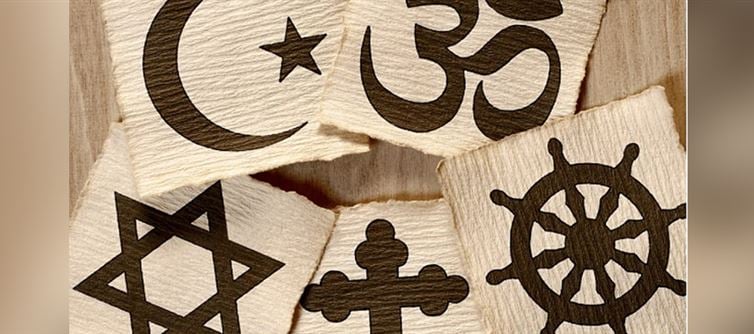
The question is: What is causing this? Why are people becoming more and more literate and critical of religion (and all gods)? Third-world countries are becoming more religious, whereas developed nations are rapidly eliminating all religions. According to Yuval Noah Harari, there is a simultaneous evolution and devolution of the human intellect. At this point, faith and non-faith are living side by side. Somewhere, rational people have started to realize that, just as astrology ends and astronomy begins, alchemy ends and chemistry begins, and religion ends and philosophy begins.
Very appropriate! It effectively conveys how human knowledge and comprehension have changed over time. It highlights the logical transition from antiquated beliefs to more logical and empirically supported sciences by drawing comparisons across different fields of study. In the same way that astrology gave rise to astronomy and alchemy to chemistry, religion serves as the basis for philosophical investigations into the nature of existence, morality, and human purpose.
It implies that a shift from religious justifications to philosophical reasoning is unavoidable as human intellect and science improve, enabling a more thorough comprehension of the world and our place in it.
Religion says it knows everything, but it just makes things more complicated. religion frequently positions itself as the supreme source of knowledge and direction, providing answers to the deepest riddles of life. Religious theories, however, frequently create more issues than they can sufficiently address in this quest for clarity.
Both believers and atheists are forced to struggle with intractable dilemmas as a result of their dependence on religion and metaphysical ideas, such as a divine entity or an afterlife. As the renowned atheist christopher Hitchens correctly pointed out, the world would be a better place without organized religion.
When organized into particular organizations, religion can impede human progress and promote prejudice and division. Organized religion frequently encourages followers to blindly accept teachings that could prolong conflict and discrimination by promoting dogma and ideology at the expense of critical thinking.
Greater intellectual freedom, scientific progress, and a more inclusive society where people may coexist peacefully on the basis of compassion, reason, and universal human values would all be possible in a world free from organized religion.
Even though this concept could offend or be contentious to some, it offers a provocative critique of the possible negative aspects of organized religion and emphasizes the necessity for a careful analysis of its role in forming our environment. Around the world, progressive people have begun to recognize that dogmatism stifles free thought and is the enemy of development. Dogmatism is a way of thinking that stifles critical thinking, open-mindedness, and skepticism, which hinders the creation of novel concepts and solutions.
Dogmatism limits our capacity to investigate alternate avenues or question accepted norms by adhering to rigid ideas and disregarding opposing viewpoints. It restricts the development of societies and the brains inside them by stifling free thought, inhibiting creativity, and upholding the idea that one's own ideas are unchangeable.
Adopting the values of intellectual openness, adaptability, and a readiness to accept different points of view is crucial for real advancement. god is a myth, and religion is a massive dogma. They have started to doubt all illusions, even 'divine' ones, and to challenge all dogmas. The religion originated during the prehistoric era of humankind when no one had any clue what was happening—not even the powerful Democritus, who concluded that all matter was composed of atoms. Even the most brilliant thinkers, such as Democritus, were unable to grasp the essence of life at the time religion was created.




 click and follow Indiaherald WhatsApp channel
click and follow Indiaherald WhatsApp channel